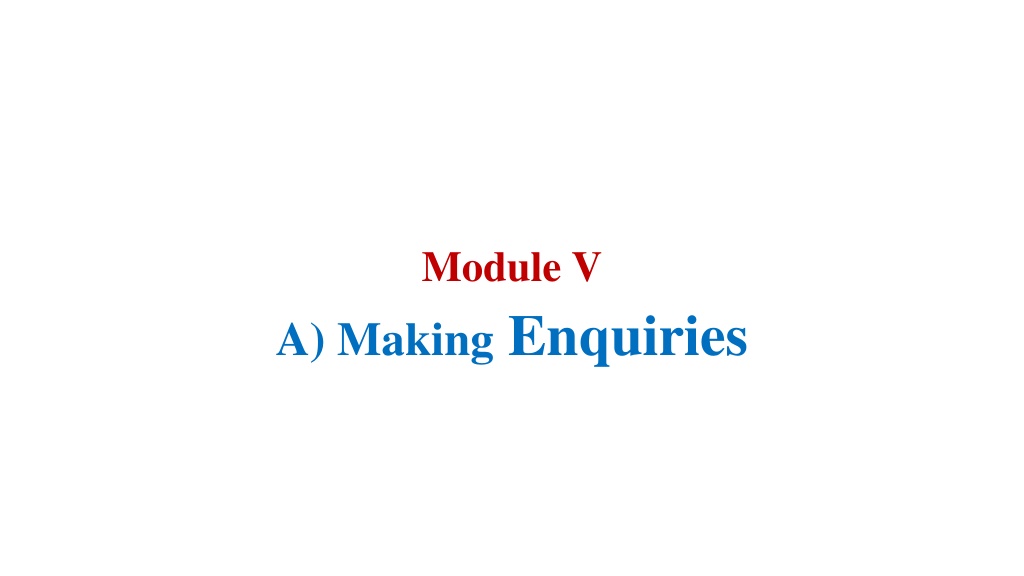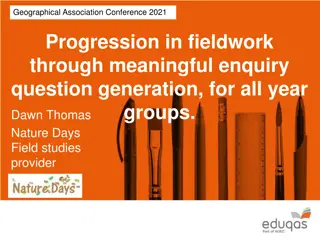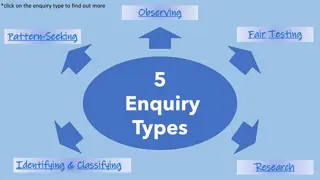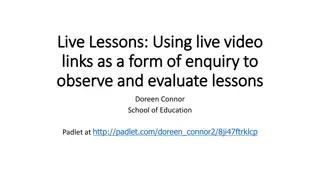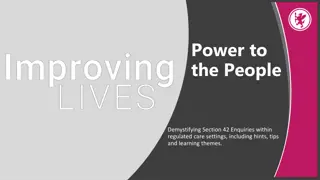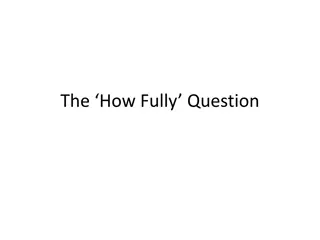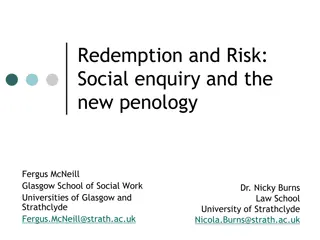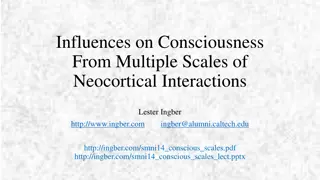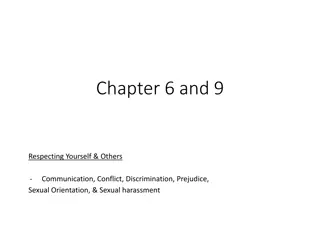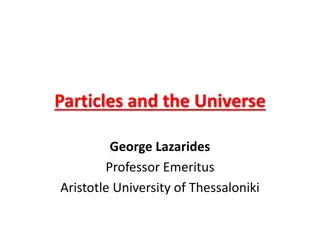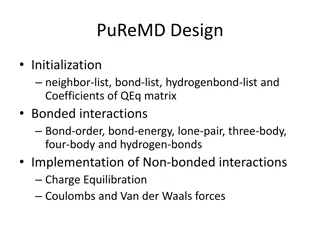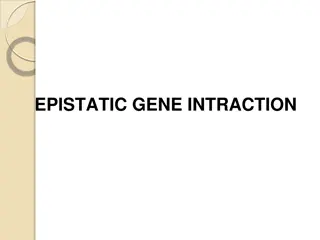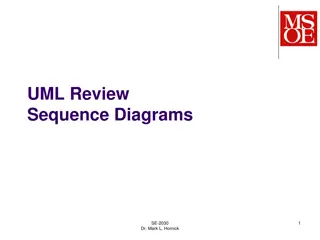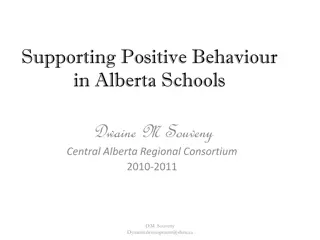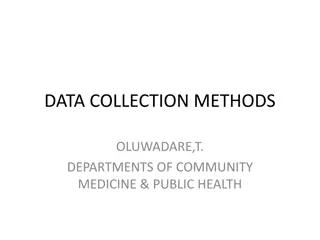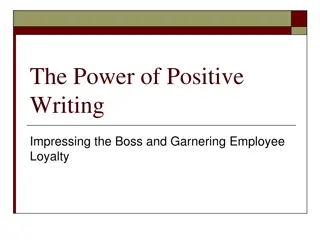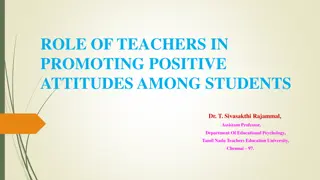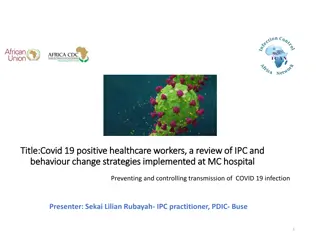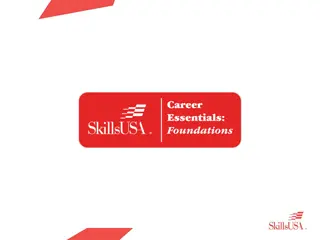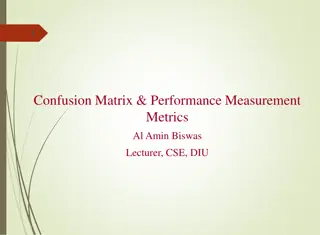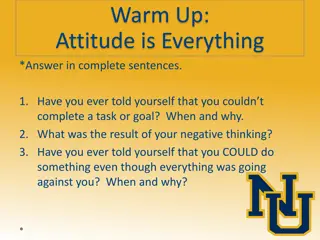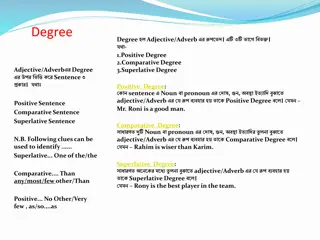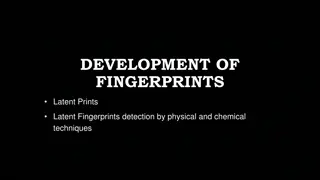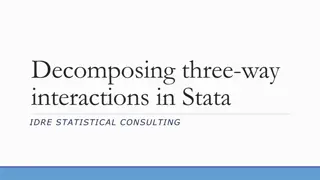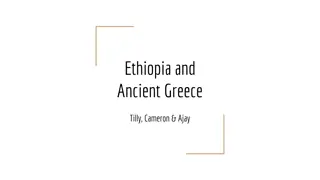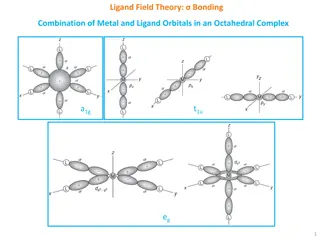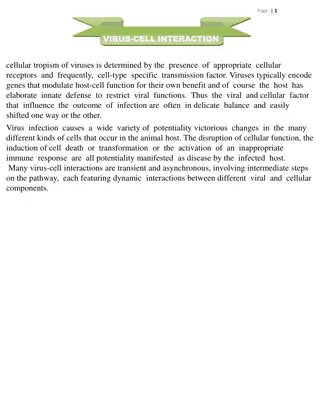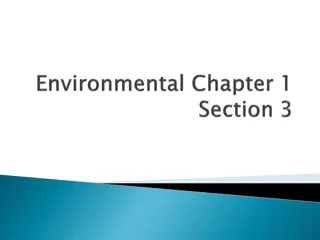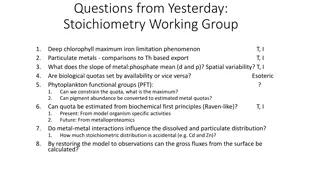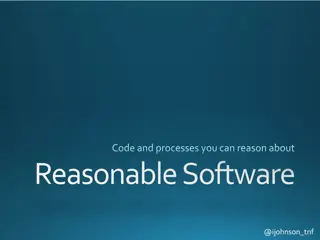Effective Enquiry Techniques for Positive Interactions
Enhance your communication skills with effective enquiry techniques. Learn the importance of being brief, polite, and focused when seeking information. Discover formal enquiry expressions and their benefits in improving conversations and creating positive impressions. Explore examples of enquiries in different scenarios to understand how to ask questions correctly and confidently.
Download Presentation

Please find below an Image/Link to download the presentation.
The content on the website is provided AS IS for your information and personal use only. It may not be sold, licensed, or shared on other websites without obtaining consent from the author. Download presentation by click this link. If you encounter any issues during the download, it is possible that the publisher has removed the file from their server.
E N D
Presentation Transcript
Module V A) Making Enquiries
Enquiries are done to - Get information about places , things , events, Situations: On a Trip: hotels, meals, sight-seeing places At Railway Station/ Bus Stand: Timings of the train/bus, Reservations, Pass, In the Office of the college At the Bank At the shop At the Hotel
How Should be the Enquiries?? Brief and Precise Response: Polite and Gentle Tone: Polite and Gentle Insufficient / Irrelevant Information No Confusing Questions Effect Positive Impression
Expressions in Enquiry: Formal Expressions: Excuse me , Madam / Sir, Would you please guide / tell me Excuse me , Madam / Sir, May I know if Let me know if I can take exam online? One more thing I would like to ask you
Benefits: Improves Conversation Develops Confidence and Command over language Creates Positive Impression You Can deal with a Situation in a proper way
Task 1 Mohan : Good Afternoon Enquiry Clerk: Good Afternoon Mohan: what time is the Mahalaxmi Express Expected? Enquiry Clerk: The Scheduled time of its departure is 7.45 p.m. but Mohan: But it s already fifteen minutes past 8 and there is no sign of its arrival. Enquiry Clerk: .. Sir. I m afraid Mohan : . When exactly will the train arrive? Enquiry Clerk: I m but I can t help it. Bear .. Mohan: Please .
Task 2 Customer : I have a complaint. Shopkeeper: . What s it about? Customer: I bought this electric oven only yesterday. Shopkeeper: What s .. Then? Customer: It is not working properly. Shopkeeper: . Sir, Let me see See. It is working. You might not have plugged it properly. It seems. Customer : There s .. Its timer does not work. Shopkeeper: .. We will get it repaired.
Structure: Imperative Sentences In English Grammar, An Imperative Sentence Is A Type Of Sentence That Gives Advice Or Instructions Or That Expresses A Request Or Command. We Use Imperative Sentences When We Want To Tell Someone To Do Something (Most Commonly For Advice, Suggestions, Requests, Commands, Orders Or Instructions).
Structure: We can use them to tell people to do or not to do things. They usually don t have a subject they are addressed to the listener or listeners, who the speaker understands to be the subject. We use the base form of the verb: e.g. Have fun. Enjoy your meal. Stop talking and open your books. Don t be late.
Examples: Positive Imperative Open The Link To Join My Class. Bring Your Book. Write On Your Notebook. Mute The Mike. Shut The Window. Show Your Identity Card. Wear Mask. Use Hand Sanitiser. Wash Your Hands With Soap For 20 Seconds. Sit Down. Look Here. Listen To Me.
Examples : Negative Imperative Don t Go Out. Don t Touch Your Eyes. Don t Use Plastic Bags. Don t Sit On The Dirty Bench. Don t Forget Your Email Id And Password. Don t Use Mobile Phones In The Class. Don t Turn Off The Light. Don t Switch Off The TV.
Examples: Using Be ( Warnings / Requests) Be Careful Be Confident Be Honest. Wet Paint Be Cautious. Be Attentive. Be Polite. Be Sensible. Be Silent. Be Ready.
Prohibitions: No Smoking No Tobacco No Trespassers. Do not Spit. Not For Trail. Not Allowed. Entry Restricted / No Entry Not for Sale. Not For Visitors / For Patients Only For children below 5 For Ladies / Disabled Only (For)Men No Parking Work In Progress One Spoonful a Day Handle With Care
